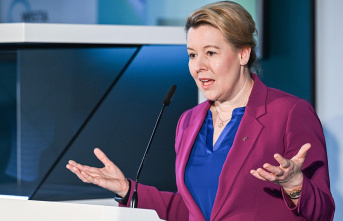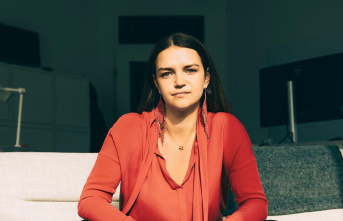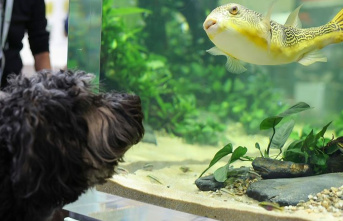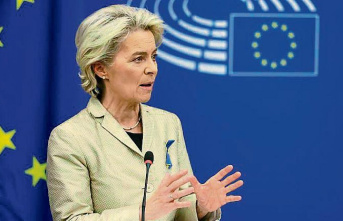Memòries d'un filòleg norantí (Lleonard Muntaner, 2022) of the Premi d'Honor de les Lletres Catalanes Joan Veny i Clar (Campos, 1932) is a precious sample of what it means to take life with philology. Each page is a catalog of verbal riches, but the treasure that shines the most is curiosity as the engine of knowledge, one of the traits of youth. The nonagenarian Veny is a true champion in accumulated youth that contradicts the Llibre vermell de Montserrat. Veny reproduces Montserrat forecasts for the life of man: infancy up to 7 years, puericia up to 13, adolescence up to 25, youth up to 35, virility up to 50, senescence up to 70 and decrepitude up to death. His book belies this classification. The chronological journey through the life of the greatest expert in Catalan-speaking dialectology becomes a walk through the jungle in the company of an expert botanist.
Veny explains her life in a fun way without stopping to document every word that catches her eye. He is a sage who does not allow erudition to burden his flight or cause him bad breath. He is an eminent academic of the Philological Section of the IEC, but he does not shake his wrist when it comes to joking about a normative solution (he writes lamp instead of lamp because it sounds, he adds, a lack of pronunciation).
We read about his life in Barcelona and his impressive university career, but the vividness with which he describes his childhood in Campos and, above all, the precocious awareness of linguistic variation in the speech of his mother, born eight miles away, is moving. in Llucmajor, a parallel universe in which, among other magical peculiarities, it is not the birds that fly, but the nius (nests), by extraordinary metonymy. The importance of the origins, which Veny has subsequently projected to all the words in the extraordinary Atles lingüístics del domini català that he has directed, colors the first chapters of extensive anthroponymic research on his surnames Veny and Clar. It reminds me of a one-hour television interview (Identitats, that was the programme) that Espinàs did with Avel·lí Artís-Gener, Tísner. The first eighteen minutes were dedicated to the origin of the name Avel·lí. Doctor Veny's last name comes from veí (neighbor). We will have to review the definition of decrepitude in the DIEC.
4












